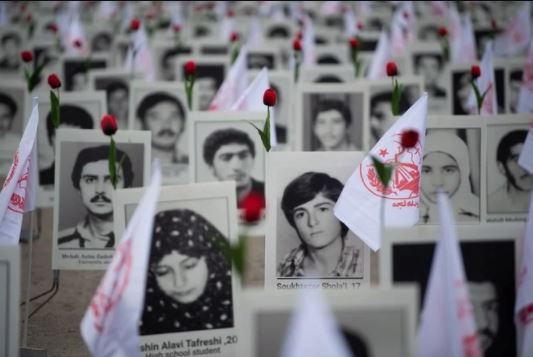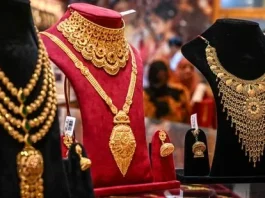-
Up to 30,000 young Iranians were executed without trial in final throes of war with Iraq
JEDDAH: Iran faces a UN investigation into massacres of imprisoned dissidents that the regime in Tehran has tried to cover up for more than 30 years.
Thousands of mainly young people were executed without trial in Iran in 1988, as the war with Iraq was ending. Those killed were mainly supporters of the People’s Mujahedin Organization of Iran (MEK), which had backed Baghdad in the conflict.
A group of seven special UN rapporteurs wrote to the Iranian government to say they were “seriously concerned by the continued refusal to disclose the fate and whereabouts” of those killed.
They demanded a “thorough and independent investigation” and “accurate death certificates” to be provided to family members.
“We are concerned that the situation may amount to crimes against humanity,” the UN experts said. They warned that if Iran continued “to refuse to uphold its obligations” it would face an international investigation.
Also Read: China orders removal of 105 apps, including TripAdvisor
The UN team wrote their letter in September but it has only now been made public.
Diana Eltahawy, Amnesty International’s deputy director for the Middle East and North Africa, said the letter was a “momentous breakthrough” that sent a message the killings could “no longer go unaddressed and unpunished.”
Amnesty, which described the massacres as crimes against humanity in a 2018 report, wants the UN Human Rights Council to set up an international mechanism to investigate.
Activists say thousands were killed in the executions personally ordered by Ayatollah Ruhollah Khomeini that took place without proper trials inside prisons across Iran from late July 1988. The National Council of Resistance of Iran, the country’s dissident “government in exile,” puts the figure as high as 30,000.
Activists accuse officials who still hold top positions in the Iranian government of being involved in the killings. In its 2018 report, Amnesty said Iran’s judiciary chief Ebrahim Raisi and former interior and justice minister Mostafa Pour Mohammadi took part in so-called “death commissions” that decided the executions.
Also Read: Turkey’s Erdogan says any EU sanctions would not have big impact
The issue has remained taboo inside Iran, although in 2016 an audio clip was released of a meeting between Ayatollah Hossein Ali Montazeri, then Khomeini’s designated successor, and the officials on a “death commission.”
The Iranian-American political scientist Dr. Majid Rafizadeh told Arab News the UN intervention was “a step forward toward justice.”
He said: “For decades, the Iranian regime has tried to systematically cover up one of its greatest crimes. As the regime struggles to curb growing protests and unrest linked to a disintegrating economy, the world must act to prevent future massacres.
“The foundations of the current regime’s power structure, with Ali Khamenei as its head, were built on the 1988 massacre. The world must know that the authorities now in charge of Iran showed their true allegiance and unwavering fealty to the fundamentalist regime and its goals by having no qualms about ordering and implementing one of the greatest political crimes of the 20th century.
Also Read: American Muslim women wearing burqas stop crying
“That should be an indicator that the world must side with the Iranian people and their organized opposition, which seek to overthrow the perpetrators of crimes against humanity.”



